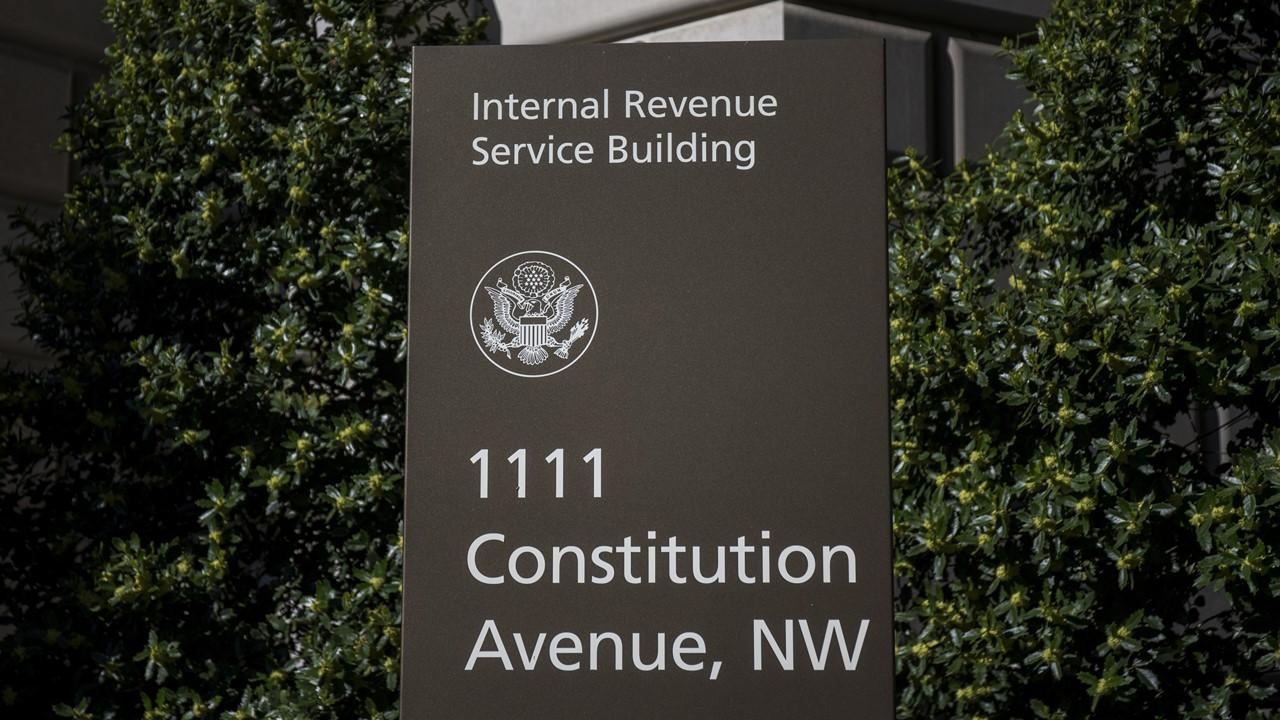How Do Capital Gains Taxes Work? Who Owes, Tax Rates, and More
Capital gains taxes are a form of direct tax that's applied on the sale of capital assets. How do capital gains tax work? Let's take a look at what the tax involves.
Feb. 17 2022, Published 10:16 a.m. ET

Capital gains taxes are levied on the profit from an investment when it's sold. The profits on a stock, shares, or any other taxable investment are only realized when the investment is sold. How do capital gains taxes work?
Depending on how long you have kept the investment, the capital gains taxes could be one of two types:
- Short-term capital gains tax: This tax applies to assets that are sold within one year or less from when they were purchased. This profit is taxed at ordinary income rates since these gains are added to your income.
- Long-term capital gains tax: The assets that are sold after holding for more than a year are taxed at long-term capital gains tax rate. The current capital tax rates are 0 percent, 15 percent, or 20 percent depending on the taxpayer’s tax bracket for that year.
The long-term capital gains are taxed at lower rates than individual income.

Did capital gains taxes change in 2022?
For single tax filers who have income below $41,675 in 2022, they don't have to pay any long-term capital gains tax. Single filers with incomes between $41,675 and $459,750 will fall into the 15 percent capital gains rate. Single filers with incomes of more than $459,750 will get hit with the 20 percent long-term capital gains rate. For married people filing jointly, the 20 percent limit starts for income exceeding $517,200.
While the tax rates for 2022 have remained the same, the income bracket has changed somewhat. The income bracket is adjusted based on inflation each year. For example, in 2021, the 0 percent capital gains taxes for single filers was based on an income less than $40,400. In 2022, the limit has risen by around 3.2 percent. The other brackets have been moved upwards similarly.
Who pays capital gains taxes?
Anyone who sells “capital assets” for a profit that isn't part of regular business inventory must pay capital gains taxes on the income generated from the sale. These taxes only apply to capital assets like stocks, bonds, mutual funds, ETFs, cryptos, jewelry, and real estate.
However, if you're selling your primary residence as opposed to a commercial investment property, the IRS allows for capital gains tax exemption in some cases.
When do capital gains taxes apply?
Capital gains taxes apply only when capital assets are sold. The unrealized profits, no matter how big, aren't subjected to this tax. You shouldn't wait until you file a tax return to pay capital gains tax. In fact, you should pay estimated taxes on capital gains.

According to the IRS, generally, you must make estimated tax payments for the current tax year if both of the following apply:
- You expect to owe at least $1,000 in tax for the current tax year after subtracting your withholding and refundable credits
- You expect your withholding and refundable credits to be less than the smaller of 90 percent of the tax to be shown on your current year's tax return or 100 percent of the tax shown on your prior year’s tax return.
Will the capital gains tax increase be retroactive?
President Joe Biden’s tax policy proposal had many items, including increasing the long-term capital gains tax to 39.6 percent. The increase would only apply to people making more than $1 million. Biden also proposed that the hike be retroactive to the date of the announcement.
